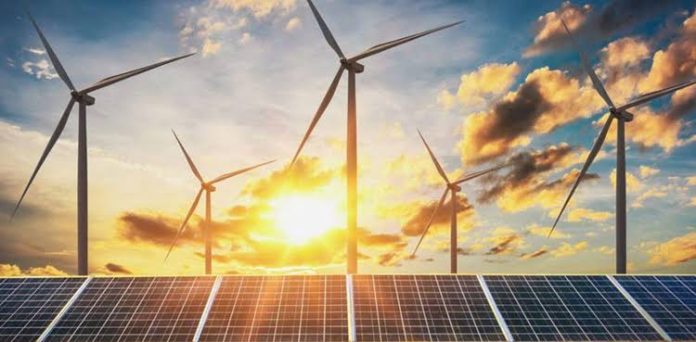Pakistan has been struggling with a severe energy crisis for years, marked by skyrocketing electricity costs and an overdependence on imported fossil fuels. This crisis has put a heavy financial strain on consumers, with many facing electricity bills that are often higher than their housing costs.
To tackle these urgent issues, K-Electric (KE), the main power utility for Karachi and its surrounding areas, has launched an ambitious plan to reshape the country’s energy sector. KE’s strategy is focused on reducing its reliance on imported fuels and delivering more affordable, sustainable electricity to its customers.
The company has set a bold vision to increase the share of renewable energy in its generation mix to 30% by 2030. In April 2024, KE took a significant step toward this goal by securing regulatory approval for 640 MW of renewable energy projects. These projects represent the first phase of KE’s larger objective to add 1300 MW of sustainable energy to its generation capacity.
The initiative is divided into three segments: a 150 MW solar project in Balochistan, a 270 MW project in Sindh, and an innovative 220 MW hybrid solar and wind project.
The Balochistan solar project has attracted considerable interest from both local and international investors, receiving fifteen bids, which highlights Pakistan’s growing potential as a market for renewable energy investments.
Following the successful opening of technical bids for the 150 MW solar energy project in Balochistan, KE reached another important milestone with the opening of financial bids at a private event in Karachi. Master Textile Group emerged as the lowest bidder, proposing a tariff of PKR 11.2 per unit, setting a new standard in Pakistan’s renewable energy sector.
After the financial bids were opened, KE will submit the bid evaluation report to NEPRA, after which the successful bidder will be officially announced. The event saw participation from representatives of both international and local companies who qualified in the technical bidding process.
These included North American firms like JCM Power Group and Hecate Global Renewables, as well as local organizations such as Atlas Power Limited, Hub Power Holding Company, Master Textile Mills Limited, Metro Group of Companies, Oursun Pakistan Limited, and Sapphire Electric Company. KE’s leadership team, including CEO Moonis Alvi and Chief Strategy Officer Shahab Qader, also attended the event.
Through these initiatives, KE aims to lead Pakistan into a new era of sustainable energy, reducing costs for consumers and minimizing the country’s dependency on fossil fuels. This move not only promises environmental benefits but also positions Pakistan as a key player in the global renewable energy market.


